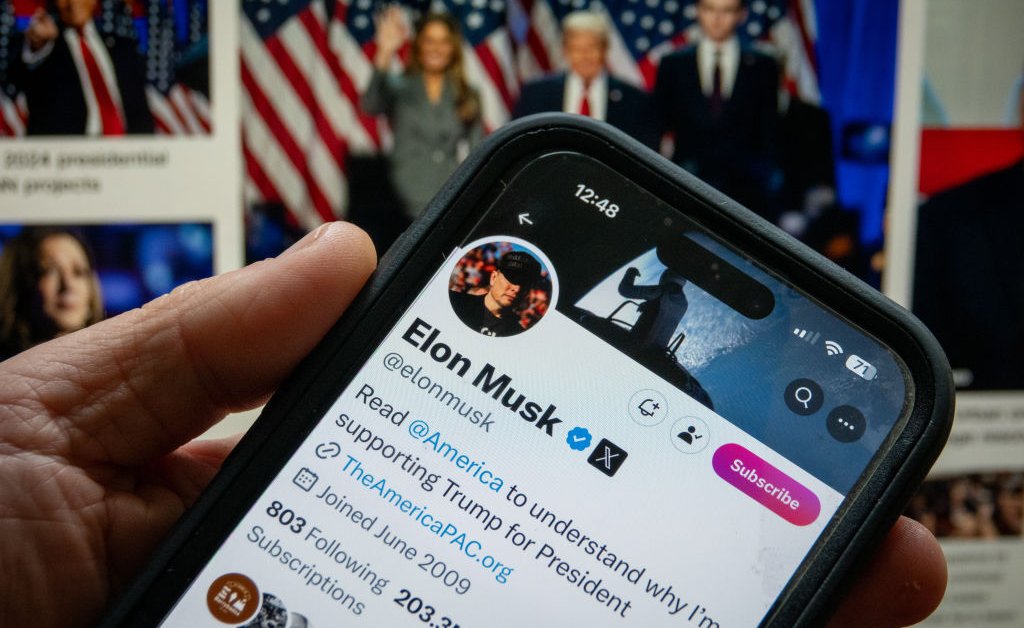As a chaplain at prestigious institutions like Harvard and MIT, I have observed the aspirations of young people who aim to become the next generation of American leaders. The outcome of the 2024 election has sparked a need for moral reflection among these individuals, who have been taught to prioritize success and leadership above all else. The unexpected victory of a former convict in the election, with even his own former chief of staff comparing him to a fascist, calls for a deeper examination of our society’s ethical and spiritual values.
While students at elite campuses may not necessarily aspire to be like the former POTUS, they often look up to wealthy tech entrepreneurs such as Elon Musk and Peter Thiel, who played significant roles in the election’s outcome. However, the reliance on a technocracy as a model for a fulfilling life raises important questions about the impact of digital technologies on our society. These technologies have evolved from mere tools to mechanisms through which technologists can fulfill their financial and political ambitions, turning individuals into products for companies like Facebook and Google.
Simply enacting policy reforms or idolizing tech figures like Musk and Thiel will not provide a solution to the ethical and spiritual challenges we face. The prevailing archetype of “The Drama of the Gifted Technologist,” embodied by these leaders, needs to be reevaluated. This archetype highlights the dangers of prioritizing technological advancement and financial success over moral considerations and human well-being. It is crucial for individuals, especially those in positions of influence, to recognize the limitations of a technocratic approach to life and leadership.
The 2024 election outcome serves as a wake-up call for young people who are being groomed for leadership roles at elite institutions. It underscores the importance of incorporating moral and spiritual values into their aspirations for success, rather than solely focusing on achieving power and influence. Moving forward, it is essential for individuals to reevaluate their priorities and consider the broader implications of their actions on society as a whole.
In conclusion, the aftermath of the 2024 election highlights the need for a more holistic approach to leadership and success, one that takes into account ethical and spiritual considerations. The rise of individuals like Musk and Thiel as influential figures in politics and technology underscores the dangers of prioritizing material wealth and technological advancement over moral values. By reexamining the prevailing archetype of the gifted technologist and reassessing societal priorities, young people can work towards creating a more ethical and spiritually grounded approach to leadership in the future.









